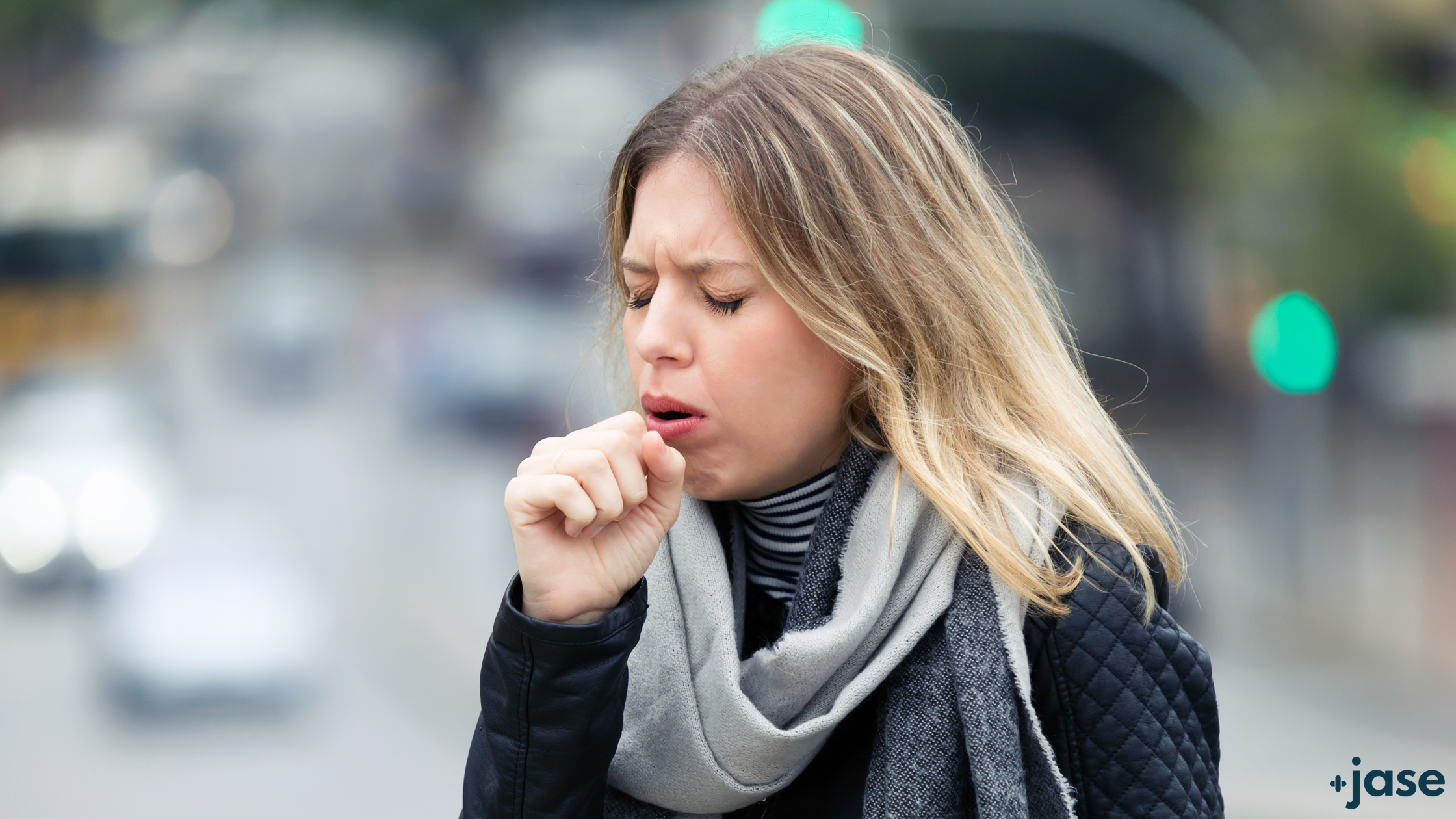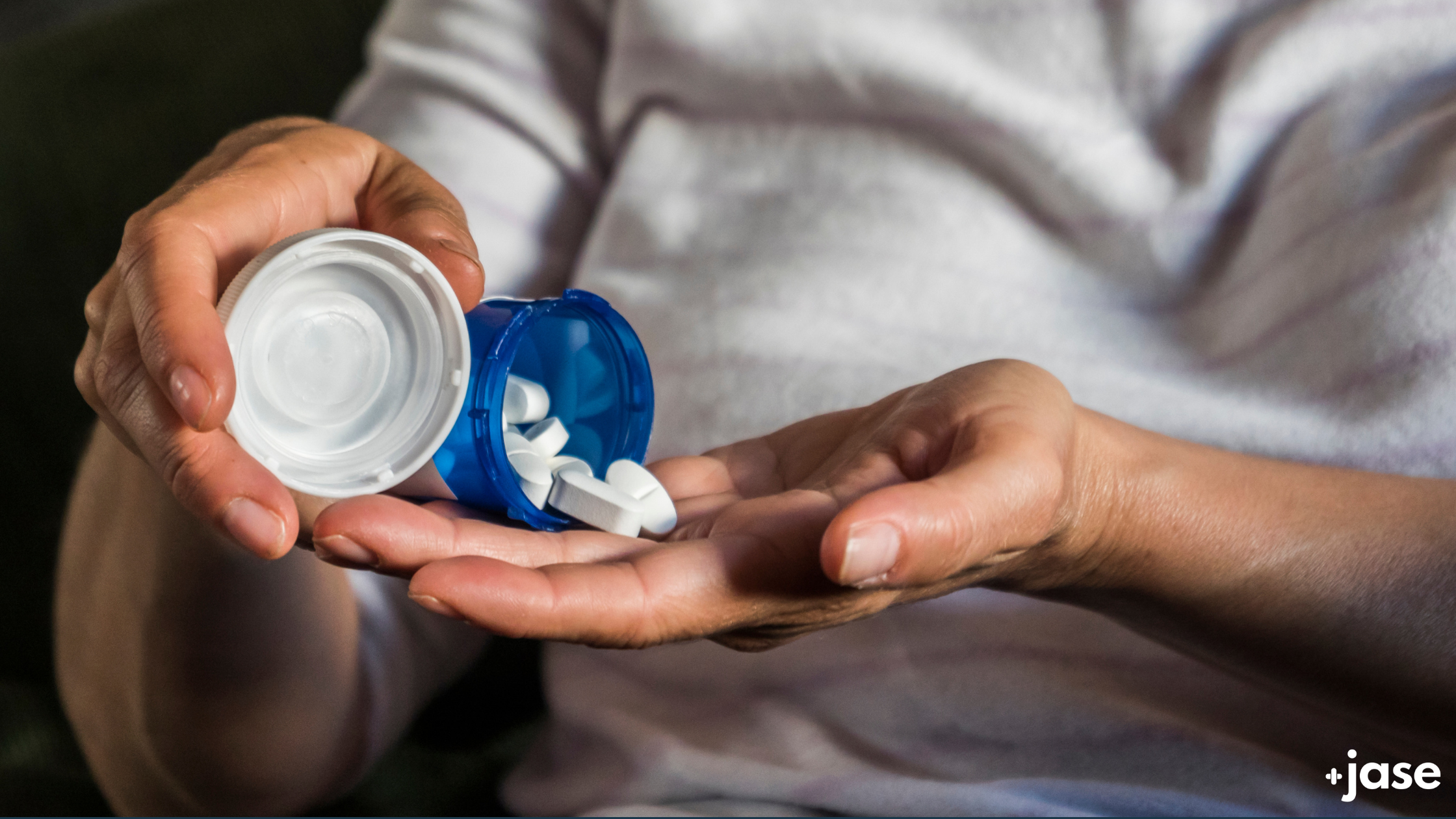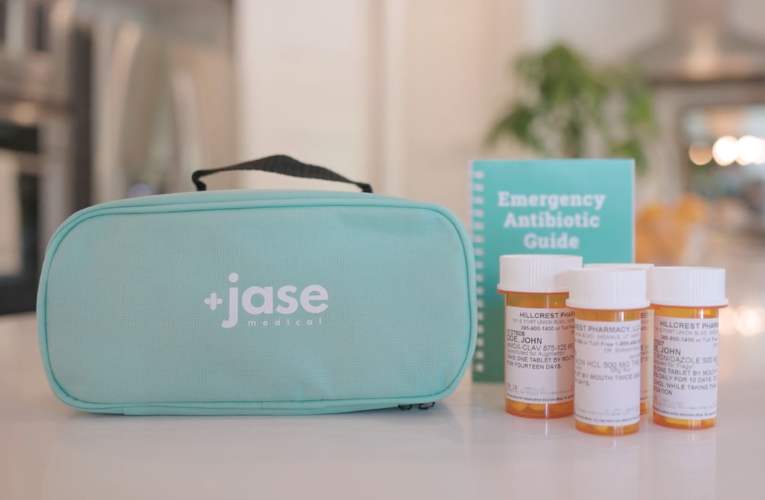When Disaster Strikes, It’s Not Hunger or Thirst That Takes the First Lives In every disaster zone, from hurricanes in the Caribbean to war zones in Ukraine, the pattern is the same. People worry about food and water, but it’s infection that kills first. A small wound...
Condition Closeup: Community-Acquired Pneumonia
Community-acquired pneumonia is much more common than most people realize.

Community-Acquired Pneumonia: A Common and Serious Health Concern
Community-acquired pneumonia (CAP) is a widespread and potentially serious infection of the lungs that affects millions of people each year. Acquired outside of healthcare settings, CAP can range from mild to severe and can lead to significant complications if not treated promptly and appropriately. Understanding its prevalence, causes, symptoms, risks, and treatment options is crucial for effective management and prevention of serious health outcomes.
Prevalence and Causes
CAP is a common illness, particularly during the fall and winter months. It is one of the leading causes of hospitalization and death worldwide, especially among the elderly, young children, and individuals with underlying health conditions. The condition is primarily caused by bacterial pathogens, with the most common being Streptococcus pneumoniae. Other bacteria, such as Haemophilus influenzae, Mycoplasma pneumoniae, Chlamydophila pneumoniae, and Legionella pneumophila, can also cause CAP.
| CAP is the second most common cause of hospitalizations and the most common infectious cause of death among adults in the U.S., resulting in 4.5 million outpatient or emergency room visits annually. |
How People Often Get It
People can contract CAP through various means, most commonly through inhalation of respiratory droplets containing infectious pathogens. This can occur through:
- Close contact with an infected person: Being near someone who is coughing or sneezing.
- Aspiration: Inhaling food, drink, or vomit into the lungs.
- Underlying health conditions: Chronic illnesses like COPD, diabetes, or heart disease can increase susceptibility.
Symptoms
The symptoms of CAP can range from mild to severe and typically include:
- Persistent cough, often producing phlegm or pus
- Fever and chills
- Shortness of breath or difficulty breathing
- Chest pain that worsens with breathing or coughing
- Fatigue and weakness
- Nausea, vomiting, or diarrhea
- Confusion, particularly in older adults
Risks of Non-Treatment
If CAP is not treated promptly with appropriate antibiotics, it can lead to severe health complications, including:
- Bacteremia: The infection can spread to the bloodstream, causing sepsis, a life-threatening condition.
- Pleural Effusion: Fluid can accumulate around the lungs, requiring drainage.
- Lung Abscess: Pus-filled cavities can form in the lung tissue.
- Respiratory Failure: Severe infection can prevent adequate oxygen from reaching the bloodstream.
- Chronic Respiratory Problems: Long-term damage to the lungs can occur, especially in those with pre-existing conditions.
Treatment Options
Timely antibiotic treatment is essential to manage CAP effectively and prevent complications. The choice of antibiotic depends on the severity of the illness, the patient’s health status, and local resistance patterns. Commonly used antibiotics include:
Azithromycin
-
- Effective against a wide range of bacteria, including atypical pathogens like Mycoplasma pneumoniae, Chlamydophila pneumoniae, and Legionella pneumophila.
- Usually well-tolerated with a convenient dosing regimen.
Amoxicillin-Clavulanate (Augmentin):
-
- Often used for mild to moderate cases of CAP.
- Effective against Streptococcus pneumoniae and Haemophilus influenzae, including beta-lactamase-producing strains.
Doxycycline:
-
- An alternative for patients with penicillin allergies.
- Effective against Streptococcus pneumoniae and atypical pathogens.
Fluoroquinolones (e.g., Levofloxacin, Moxifloxacin):
-
- Effective against a wide range of bacteria, including drug-resistant strains.
- Often used for more severe cases or when there are concerns about antibiotic resistance.
Ceftriaxone (Rocephin):
-
- A third-generation cephalosporin commonly used in hospitalized patients with more severe infections.
In addition to these, several other antibiotics can be used based on the specific clinical scenario and patient factors. Always consult with a healthcare professional on the best course of treatment for any condition.
Azithromycin, amoxicillin-clauvinate, and doxycycline all come in every standard Jase Case.
Community-acquired pneumonia is a common and potentially serious condition that requires prompt and effective treatment to prevent complications. Recognizing the symptoms and seeking early medical intervention can lead to better outcomes and quicker recovery. With a range of effective antibiotics available, patients have multiple options for treatment. Consulting with healthcare professionals to choose the best course of action is essential for managing CAP and minimizing the risk of severe health consequences.
Lifesaving Medications
Recent Posts
Keeping you informed and safe.
Medical Readiness: What Really Kills First
Exploring Dr. William Makis’ Hybrid Orthomolecular Cancer Protocol: Focus on Ivermectin and Mebendazole/Fenbendazole
Exploring Dr. William Makis’ Hybrid Orthomolecular Cancer Protocol: Focus on Ivermectin and Mebendazole/Fenbendazole *Disclaimer: This article is for educational purposes and does not constitute medical advice. Always seek professional guidance.* In the evolving...
Be Prepared for Life’s Unexpected Moments
3 Reasons EVERYONE should have emergency medications avaiable. It's all about access—access to medications and care when you need it most. And when things happen outside of your control that access can disappear.Below are 3 examples of how easily this access can be...
Youth Preparedness: Teaching, Building, and Coping with Disasters
Educating and preparing your children ahead of time means fewer surprises in the event of an emergency.Growing Up Prepared: Empowering Youth in Disaster Preparedness As we observe National Preparedness Month, it's crucial to remember that disasters can strike at any...










